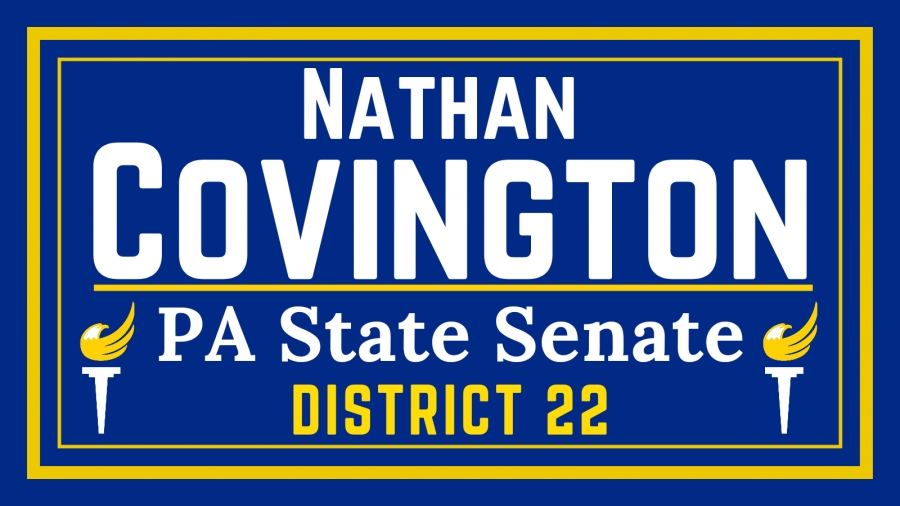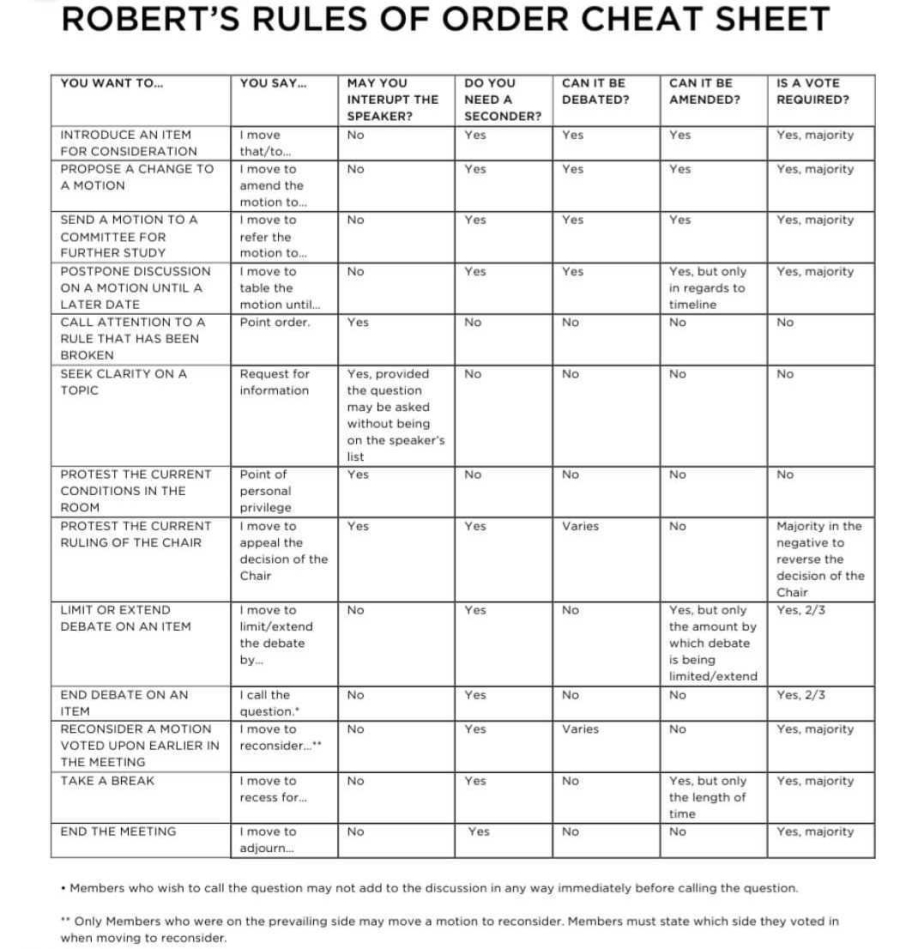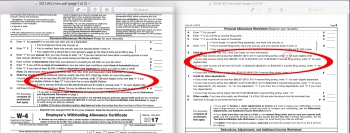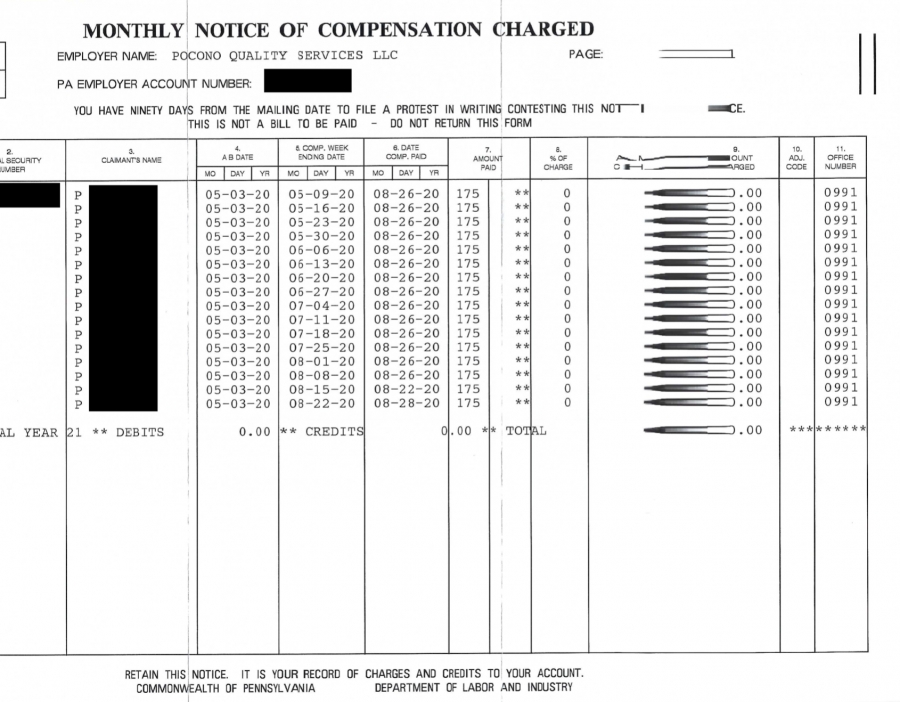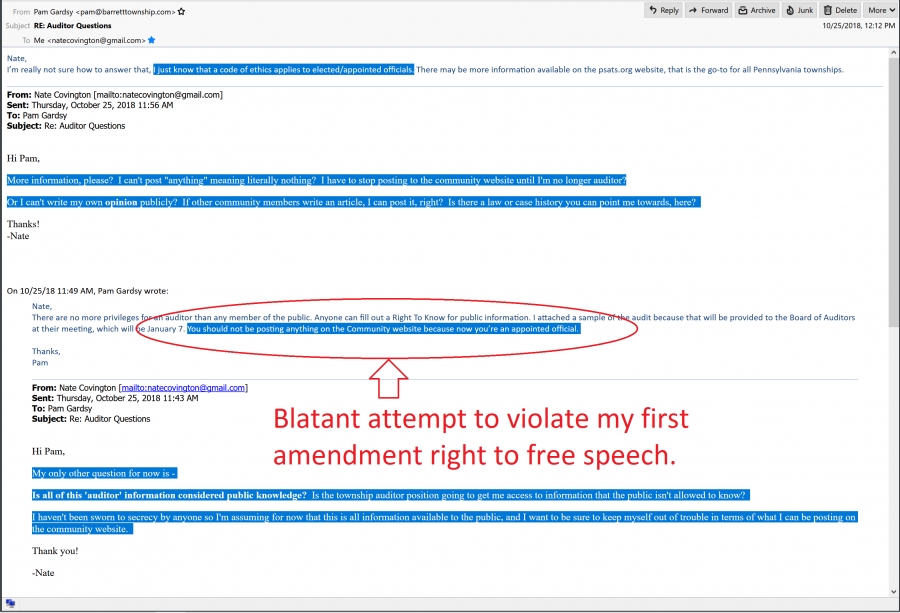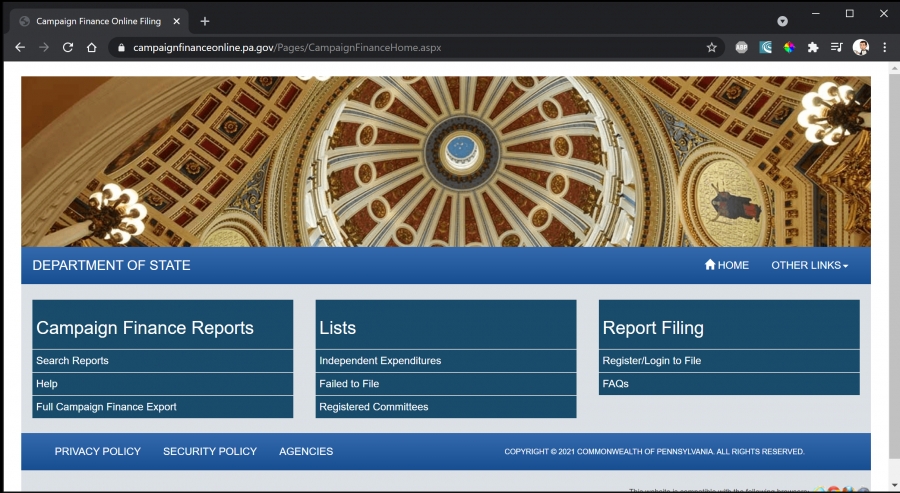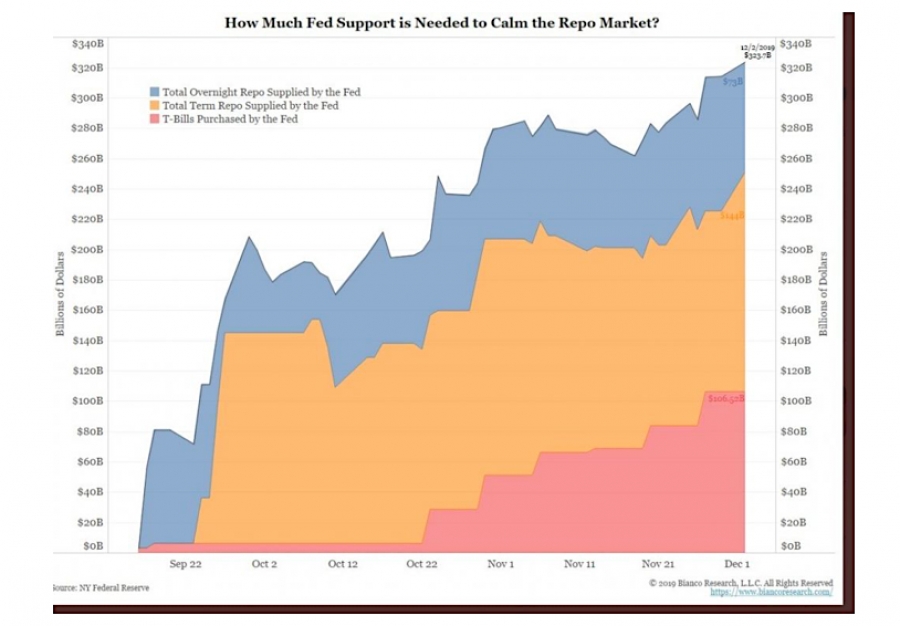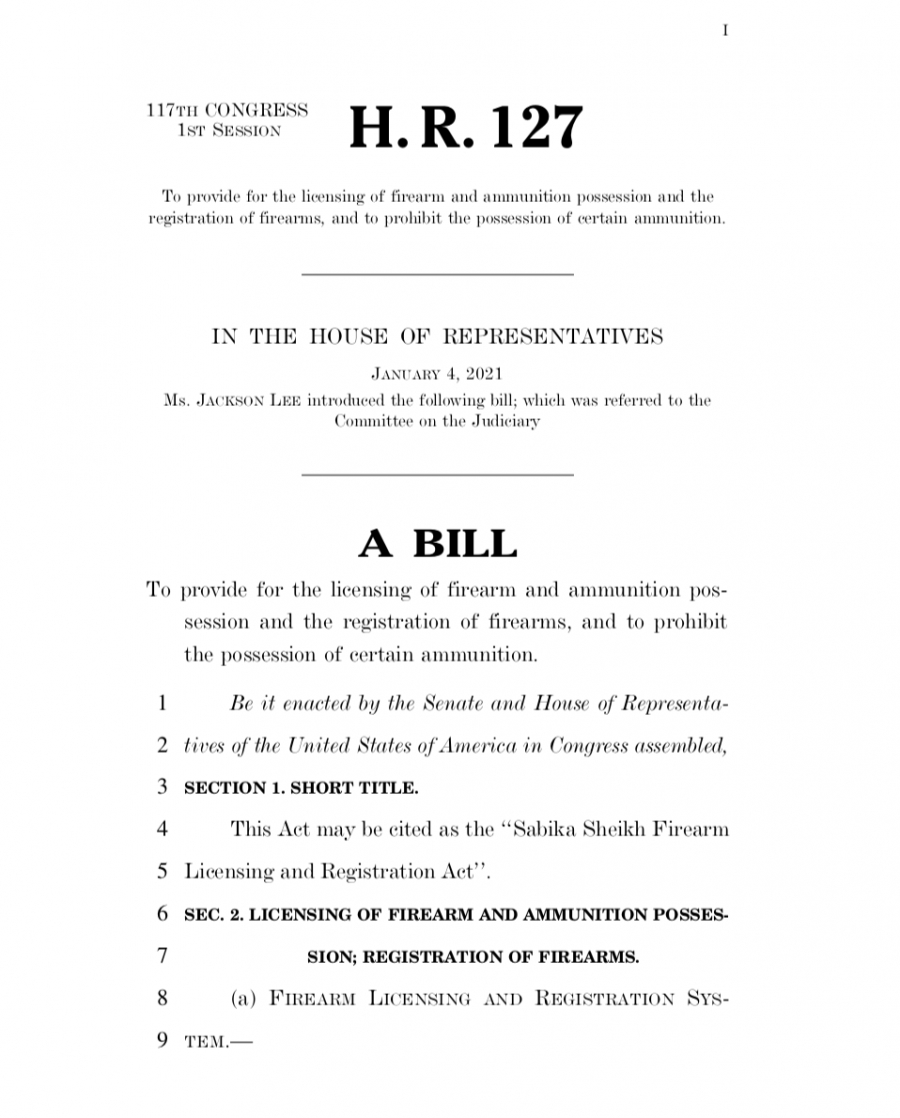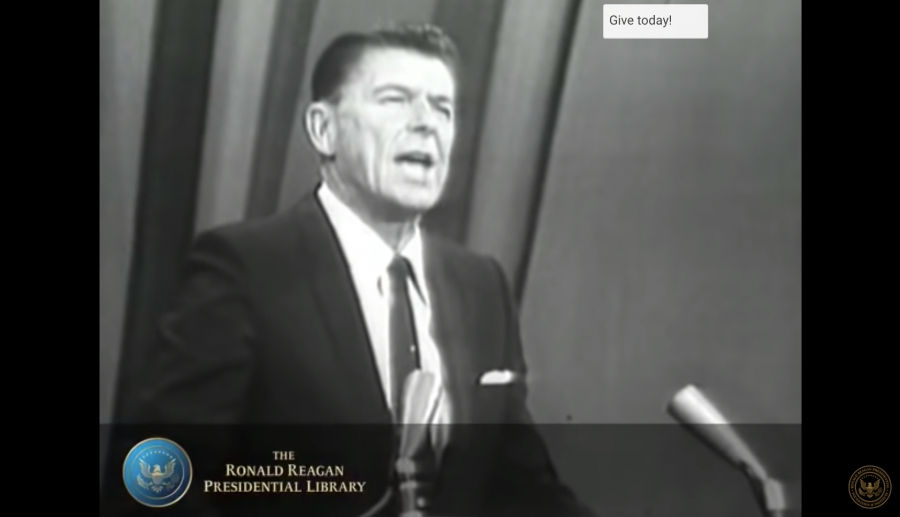- 2017 Audit Report
- Cover Letter
- Documents Referenced in Cover Letter:
After reviewing these files, here are my findings:
a. The township DID exceed its budget in fiscal year 2016. (See Note 1) I’m not sure if anything came of this. And I’m not sure if 2017 was the same. I’m pretty sure the 2018 audit is still pending.
b. The CPA firm DID NOT audit the “Statement of Revenues, Expenditures, and Changes in Fund Balance - Budget to Actual - General Fund.” (See 10/26/17 Letter. If anyone can provide further details about this I would be happy to include them here.) It also did not audit any pension information.
c. The CPA firm DID NOT perform a detailed examination of all transactions. (See 10/26/17 Letter) They only audited on a “test basis,” which means the CPA firm selected a number of transactions from the year to confirm that records properly existed for those transactions.
d. The CPA firm’s audit DID NOT provide assurance on internal control or identify deficiencies in internal control. (See 10/26/17 Letter) . An example of a current internal control is a policy stating two supervisors must sign all checks.
e. The township uses the “activity basis” for its accounting system. (See Note 1) Having only heard of “cash basis” and “accrual basis," I did some research into the activity basis. I found that the activity basis is a potentially complicated system compared to cash & accrual, but it can be helpful because you can use it to come up with ideas and ways of saving money. Here is a helpful video that explains it well: it’s called "Applying Activity-Based Costing to the Public Sector” from a Harvard Business School professor:

